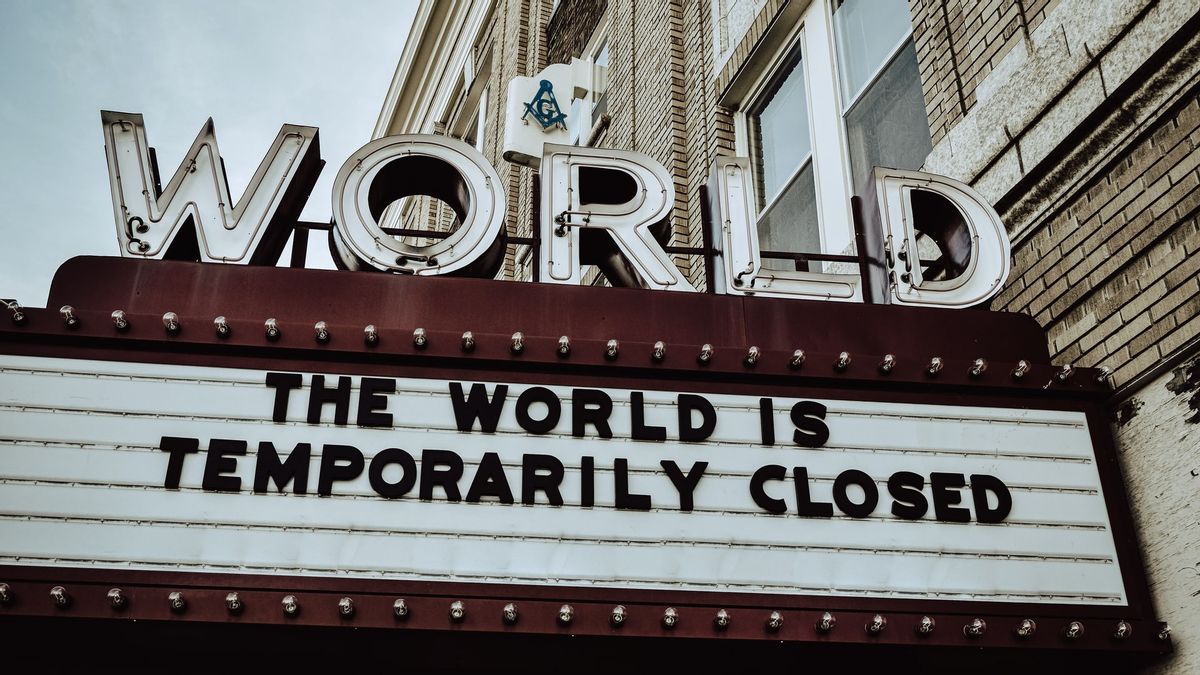JAKARTA - Spanish scientists have conducted a large-scale study of the new coronavirus that causes the COVID-19 pandemic. One important result was that only five percent of the Spanish population developed antibodies. These findings prove herd immunity is unattainable.
Launching CNN, Tuesday, July 7, findings show 95 percent of the population in Spain is still vulnerable to COVID-19 even though the country has been devastated by the pandemic. The Spanish peer-reviewed study began in April, at which time Spain was imposed with a strict lockdown. Research was carried out by leading government epidemiological and research institutes.
"At present herd immunity is difficult to achieve without accepting collateral damage from multiple deaths in a vulnerable population and overburdening the health system," the report wrote.
The study's lead author, Marina Pollán, who is director of the National Center for Epidemiology, said some experts have calculated that about 60 percent of seroprevalence can lead to herd immunity. However, the current situation is that the prevalence of antibodies in Spain is 5 percent.
The report released on June 4 shows the national prevalence of Spain at 5.2 percent. The next report, released to the public on Monday, July 6, shows that the national prevalence remains at 5.2 percent.
However, the hardest-hit Madrid metropolitan area has a prevalence of over 10 percent. Meanwhile, Barcelona, which is a dense urban area, has a prevalence of 7 percent.
Other coastal provinces have much lower rates. Spain has been one of the countries in Europe hardest hit by COVID-19. More than 28 thousand deaths from 250 thousand cases of COVID-19 occurred in Spain.
The European Center for Disease Control said the Spanish study on a nationally representative sample of more than 61,000 participants seemed to be the largest study to date. The study also strengthened an antibody study involving 2,766 participants in Geneva, Switzerland. The study was published by the Lancet on June 11.
Similar research was also conducted in China and the United States (US). Key to the study by the two countries was that "a large proportion of the population appears to remain unexposed" to COVID-19. "In light of these findings any proposed approach to achieving herd immunity through natural infection is not only highly unethical, but unattainable," said Isabella Eckerle, Head of the Geneva Center for Developing Diseases and Benjamin Meyer, a virologist at the University of Geneva. .
Doctors are not sure whether having antibodies to COVID-19 means a person will not catch it again. It's not clear how long or how well antibodies protect people from coronavirus.
The English, Chinese, Japanese, Arabic, and French versions are automatically generated by the AI. So there may still be inaccuracies in translating, please always see Indonesian as our main language. (system supported by DigitalSiber.id)













